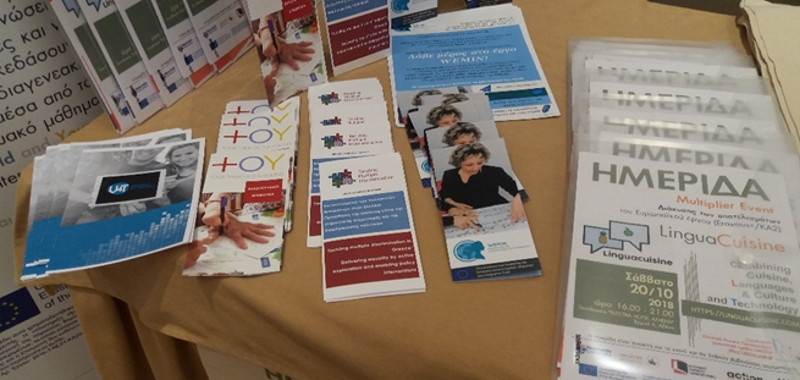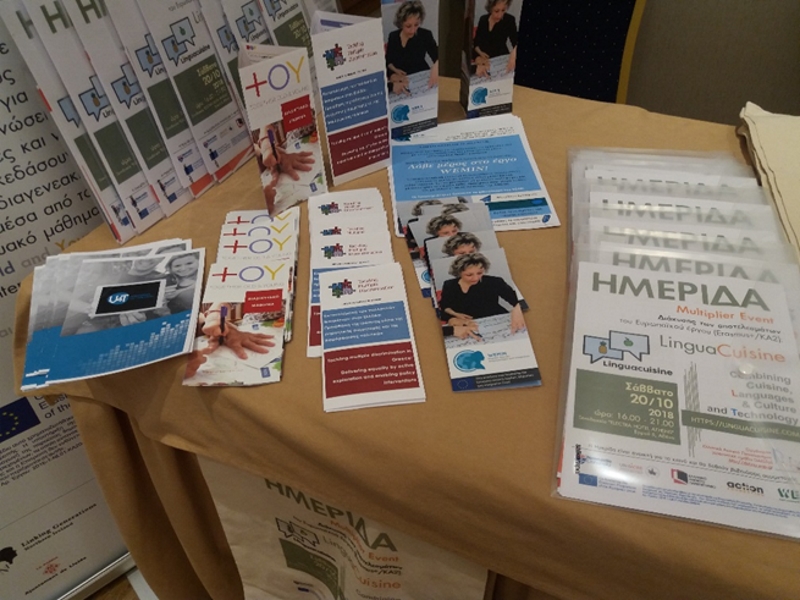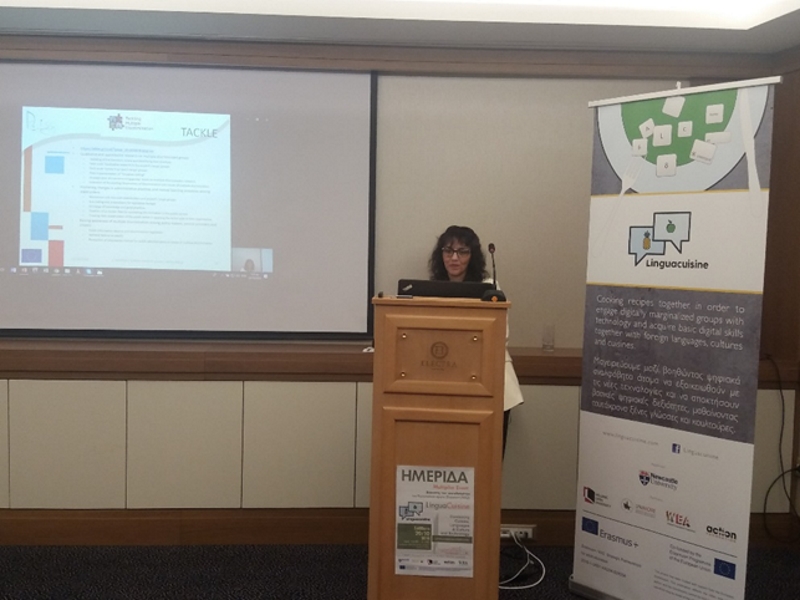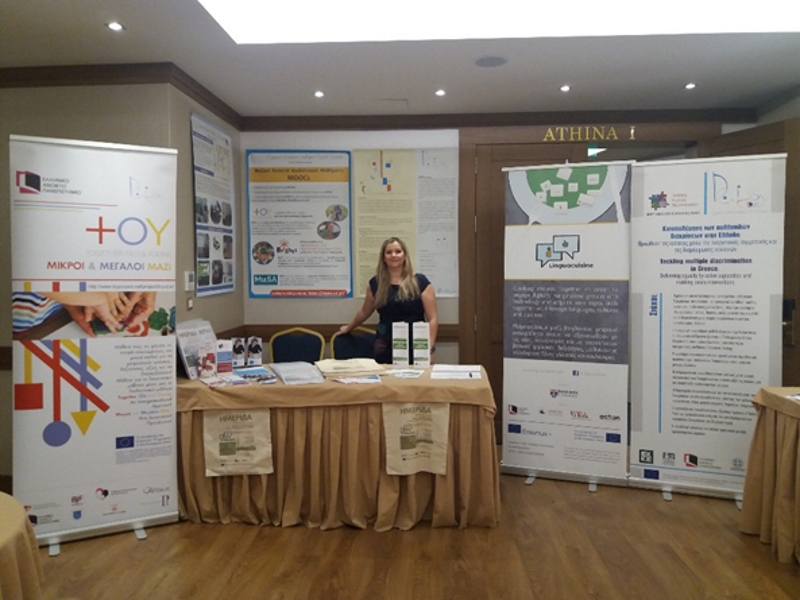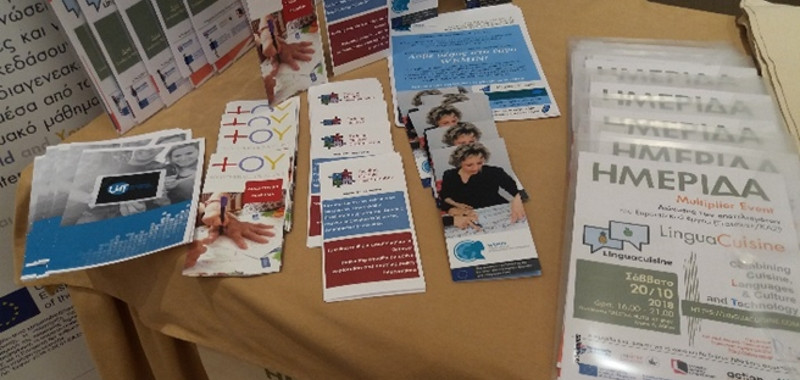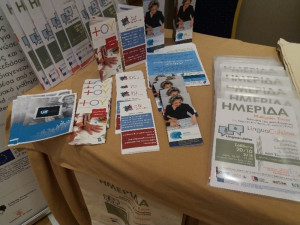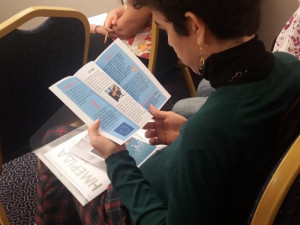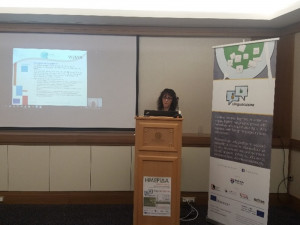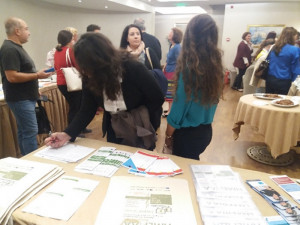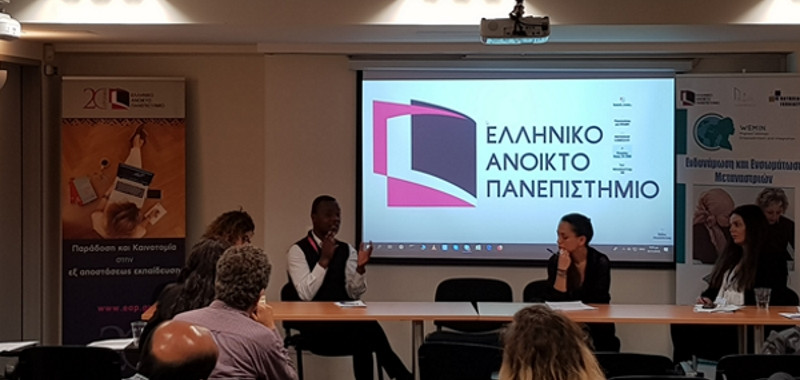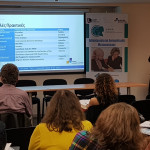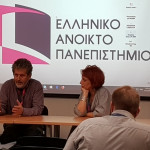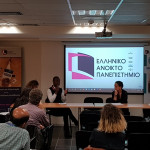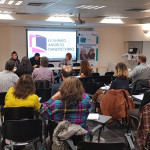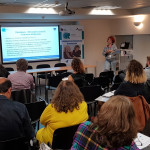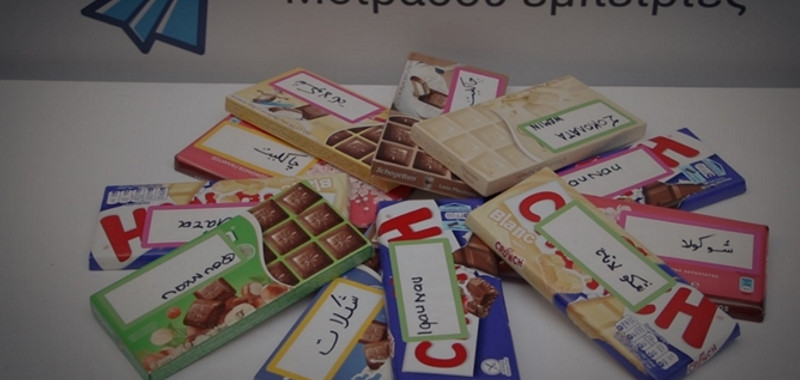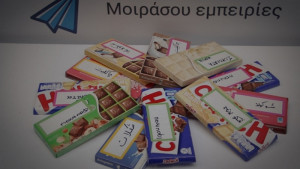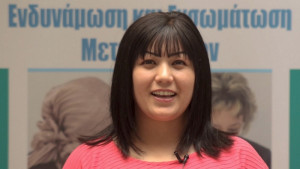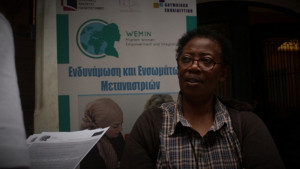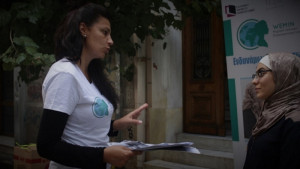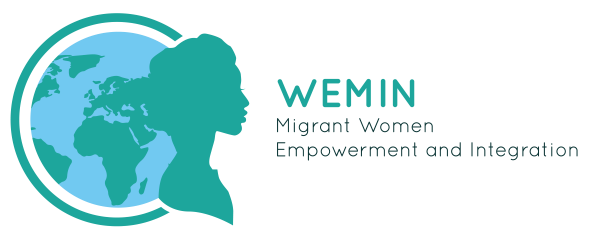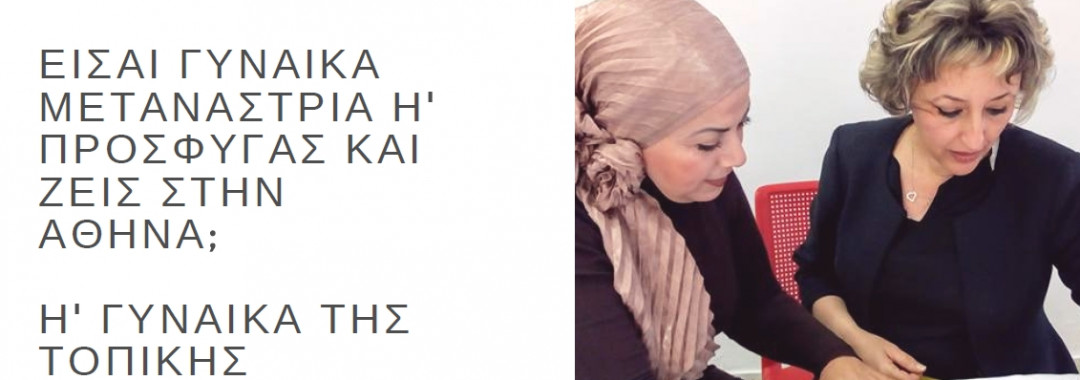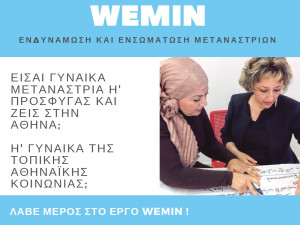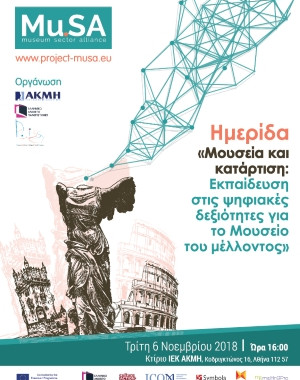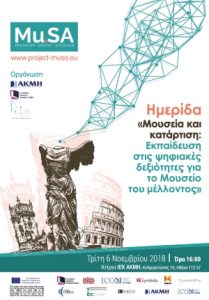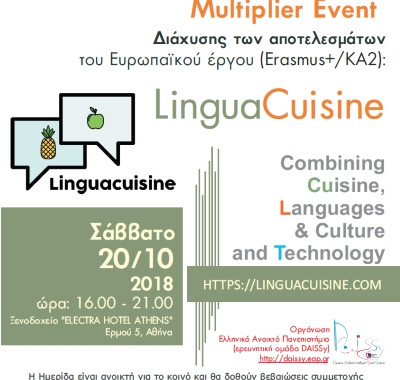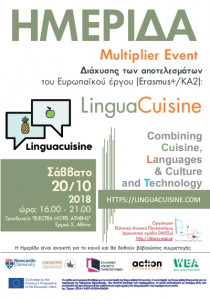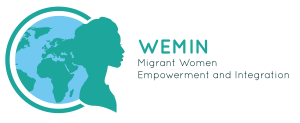 Η Ερευνητική Ομάδα DAISSy του Ελληνικού Ανοικτού Πανεπιστημίου συντονίζει το έργο WEMIN: Migrant Women Empowerment and Integration (Ενδυνάμωση και Ενσωμάτωση Μεταναστριών), το οποίο χρηματοδοτείται από το Ταμείο Ασύλου, Μετανάστευσης και Ένταξης της Ευρωπαϊκής Ένωσης (AMIF). Οι δράσεις του έργου περιλαμβάνουν εκπαιδεύσεις, συνεδρίες συμβουλευτικής, μάθηση μέσω εμπειριών και καλλιτεχνικές δραστηριότητες, με στόχο την διευκόλυνση της ομαλής ενσωμάτωση των γυναικών μεταναστριών και προσφύγων στις ευρωπαϊκές πόλεις όπου διαβιούν, ταυτόχρονα παρέχοντας ευκαιρίες για να τονωθούν ο διάλογος, οι διαπολιτισμικές σχέσεις και οι ανταλλαγές.
Η Ερευνητική Ομάδα DAISSy του Ελληνικού Ανοικτού Πανεπιστημίου συντονίζει το έργο WEMIN: Migrant Women Empowerment and Integration (Ενδυνάμωση και Ενσωμάτωση Μεταναστριών), το οποίο χρηματοδοτείται από το Ταμείο Ασύλου, Μετανάστευσης και Ένταξης της Ευρωπαϊκής Ένωσης (AMIF). Οι δράσεις του έργου περιλαμβάνουν εκπαιδεύσεις, συνεδρίες συμβουλευτικής, μάθηση μέσω εμπειριών και καλλιτεχνικές δραστηριότητες, με στόχο την διευκόλυνση της ομαλής ενσωμάτωση των γυναικών μεταναστριών και προσφύγων στις ευρωπαϊκές πόλεις όπου διαβιούν, ταυτόχρονα παρέχοντας ευκαιρίες για να τονωθούν ο διάλογος, οι διαπολιτισμικές σχέσεις και οι ανταλλαγές.
Ανάμεσα στα πρώτα αποτελέσματα του έργου WEMIN περιλαμβάνονται ο «Οδηγός καλών πρακτικών ενσωμάτωσης γυναικών μεταναστριών και προσφύγων» και ο «Οδηγός για υπεύθυνους χάραξης πολιτικής», οι οποίοι παρουσιάστηκαν σε εκδήλωση που έλαβε χώρα στο Παράρτημα του ΕΑΠ στην Αθήνα, την Παρασκευή 9 Νοεμβρίου 2018. Αρχικά παρουσιάστηκαν οι δράσεις και τα πρώτα αποτελέσματα του έργου από τον Επιστημονικό Υπεύθυνο Δρ. Αχιλλέα Καμέα, Καθηγητή ΕΑΠ και επικεφαλής της Ερευνητικής Ομάδας DAISSy, και την κύρια ερευνήτρια του έργου Δρ. Ασπασία Θεοδοσίου, Καθηγήτρια ΤΕΙ Ηπείρου και μέλος της DAISSy. Στη συνέχεια, ο Δρ. Νίκος Σαρρής, ερευνητής του Εθνικού Κέντρου Κοινωνικών Ερευνών (ΕΚΚΕ), παρουσίασε το Νομικό Πλαίσιο καταπολέμησης των διακρίσεων, καθώς το ζήτημα αυτό περιλαμβάνεται στα θέματα ενδιαφέροντος του έργου WEMIN.
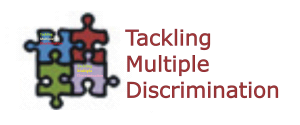 Όπως ανέφερε ο Δρ. Σαρρής, η καταπολέμηση των διακρίσεων αποτελεί βασικό αντικείμενο διεθνών οργανισμών και εθνικών κρατών. Σύμφωνα με έρευνα του ΕΚΚΕ που διεξήχθη το 2017, οι ερωτώμενοι ανέφεραν ότι γίνονται διακρίσεις συχνά και πολύ συχνά με βάση την εθνική προέλευση ( 76,5%), τον σεξουαλικό προσανατολισμό ( 70,5%) και την αναπηρία (58,1%). Σημαντικό εύρημα της έρευνας ήταν ότι το 75% των ερωτηθέντων δεν γνωρίζει τον νόμο για τις πολλαπλές διακρίσεις, το 83,7% δεν κατήγγειλε το περιστατικό πολλαπλής διάκρισης με την πλειονότητα αυτών (55%) να δηλώνει ότι δεν πίστευε ότι θα βρει το δίκιο του, ενώ από αυτούς που κατήγγειλαν το περιστατικό το 61,9% δηλώνει ότι δεν βρέθηκε λύση. Η ανωτέρω έρευνα διεξήχθη στο πλαίσιο του έργου «Καταπολέμηση των πολλαπλών διακρίσεων στην Ελλάδα: Προώθηση της ισότητας μέσω της ενεργητικής συμμετοχής και της διαμόρφωσης πολιτικών», το οποίο συντονίζεται από το Εθνικό Κέντρο Κοινωνικών Ερευνών και στο οποίο συμμετέχουν η ερευνητική ομάδα DAISSy του ΕΑΠ, μαζί με το Πανεπιστήμιο της Σεβίλλης, την Οικονομική και Κοινωνική Επιτροπή (ΟΚΕ) και την η Περιφέρεια Κρήτης. Το έργο αυτό χρηματοδοτείται κατά 80% από το Ευρωπαϊκό πρόγραμμα Rights, Equality and Citizenship (REC) της Ευρωπαϊκής Ένωσης και κατά 20% από ίδιους πόρους.
Όπως ανέφερε ο Δρ. Σαρρής, η καταπολέμηση των διακρίσεων αποτελεί βασικό αντικείμενο διεθνών οργανισμών και εθνικών κρατών. Σύμφωνα με έρευνα του ΕΚΚΕ που διεξήχθη το 2017, οι ερωτώμενοι ανέφεραν ότι γίνονται διακρίσεις συχνά και πολύ συχνά με βάση την εθνική προέλευση ( 76,5%), τον σεξουαλικό προσανατολισμό ( 70,5%) και την αναπηρία (58,1%). Σημαντικό εύρημα της έρευνας ήταν ότι το 75% των ερωτηθέντων δεν γνωρίζει τον νόμο για τις πολλαπλές διακρίσεις, το 83,7% δεν κατήγγειλε το περιστατικό πολλαπλής διάκρισης με την πλειονότητα αυτών (55%) να δηλώνει ότι δεν πίστευε ότι θα βρει το δίκιο του, ενώ από αυτούς που κατήγγειλαν το περιστατικό το 61,9% δηλώνει ότι δεν βρέθηκε λύση. Η ανωτέρω έρευνα διεξήχθη στο πλαίσιο του έργου «Καταπολέμηση των πολλαπλών διακρίσεων στην Ελλάδα: Προώθηση της ισότητας μέσω της ενεργητικής συμμετοχής και της διαμόρφωσης πολιτικών», το οποίο συντονίζεται από το Εθνικό Κέντρο Κοινωνικών Ερευνών και στο οποίο συμμετέχουν η ερευνητική ομάδα DAISSy του ΕΑΠ, μαζί με το Πανεπιστήμιο της Σεβίλλης, την Οικονομική και Κοινωνική Επιτροπή (ΟΚΕ) και την η Περιφέρεια Κρήτης. Το έργο αυτό χρηματοδοτείται κατά 80% από το Ευρωπαϊκό πρόγραμμα Rights, Equality and Citizenship (REC) της Ευρωπαϊκής Ένωσης και κατά 20% από ίδιους πόρους.
Περισσότερα για το θέμα μπορείτε να διαβάσετε εδώ.
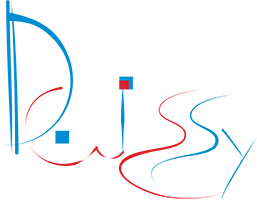
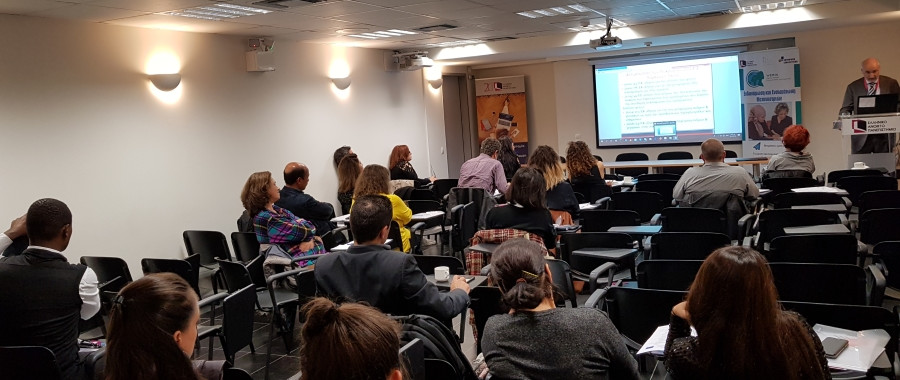
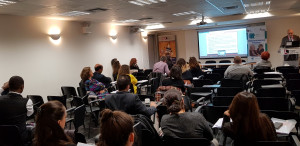

 Η Ημερίδα συνδιοργανώνεται από το Ελληνικό Ανοικτό Πανεπιστήμιο, την ερευνητική ομάδα
Η Ημερίδα συνδιοργανώνεται από το Ελληνικό Ανοικτό Πανεπιστήμιο, την ερευνητική ομάδα 